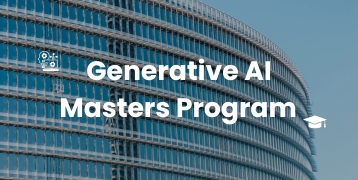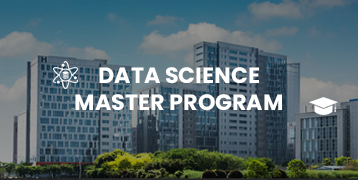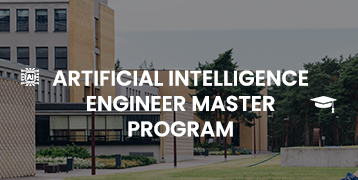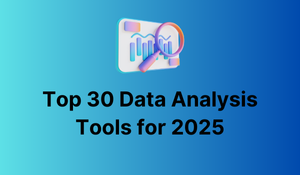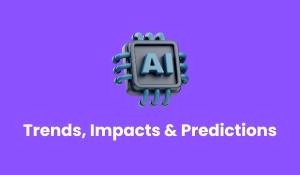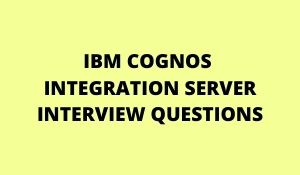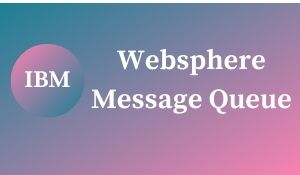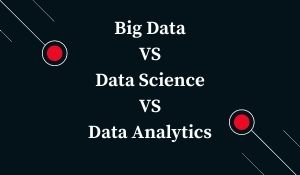
What is Big Data?
This refers to the huge amounts of data that are pouring in from different data sources and have various formats. It is something that can be used to analyze the insights that can lead to better decisions and strategic enterprise moves.

What is Data Science?
Data Science is a blend of different tools, algorithms, and machine learning principles to discover hidden patterns from the raw data. It also involves solving a problem in different ways to arrive at a solution and on the other hand, it involves designing and constructing new processes for data modeling and production using different prototypes, algorithms, predictive models, and custom analysis.
What is Data Analytics?
This refers to the science of examining raw data to conclude that data. It is all about discovering useful data from the information to assist decision-making. This process involves inspecting, cleansing, transforming, and modeling data.
Applications of Big Data:
•Big Data for Financial Services: This will be used for Credit card companies, retail banks, private wealth management advisories, insurance firms, venture funds, and institutional investment banks all use big data for their financial services. The common problem among them all is the huge amounts of multi-structured data living in multiple disparate systems, which big data can solve. As such, big data is used in many ways, including Customer analytics, Compliance analytics, Fraud analytics, and Operational analytics.
Related Courses
| Course Name | Enroll Now |
|---|---|
| Big Data Architect Masters Program | Enroll Now |
| BIG DATA SPLUNK TRAINING | Enroll Now |
| BIG DATA APACHE FLUME TRAINING | Enroll Now |
| BIG DATA HADOOP TRAINING | Enroll Now |
| Talend Big Data Training | Enroll Now |
•Big Data in Communications: Gaining new subscribers, retaining clients, and expanding within present subscriber bases are top priorities for telecommunication service providers. The solutions to these challenges lie in the ability to combine and analyze the masses of client-generated and machine-generated data that are being created every day.
•Big Data for Retail: Whether it’s a brick-and-mortar company or an online retailer, the answer to staying in the game and being competitive is understanding the client better. This needs the ability to analyze all disparate data sources that organizations deal with every day, including weblogs, client transaction data, social media, store-branded credit card data, and loyalty program data.
Applications of Data Science:
•Internet Search: These Search engines make use of data science algorithms to deliver the best results for search queries in seconds.
•Digital Advertisements: The entire digital marketing spectrum uses data science algorithms, from display banners to digital billboards. This is the main reason that digital ads have higher click-through rates than traditional advertisements.
•Recommender Systems: This process not only makes it simple to find relevant products from billions of available products, but it also adds a lot to the user experience. Many organizations use this system to promote their products and suggestions following the client’s demands and the relevance of data. The recommendations are based on the client’s previous search results.

Applications of Data Analytics:
•Healthcare: The main challenge for hospitals is to treat as many patients as they efficiently can, while also providing a high. Instrument and machine data are increasingly being used to track and optimize patient flow, treatment, and equipment used in hospitals. It is estimated that there will be a one percent efficiency gain that could yield more than $63 billion in global healthcare savings by leveraging software from data analytics companies.
•Travel: It can optimize the buying experience through mobile/weblog and social media data analysis. Travel websites can gain insights into the user’s preferences. Products can be upsold by correlating present sales to the subsequent browsing increase in browse-to-buy conversions via customized packages and offers. Data analytics is based on social media data and can also deliver personalized travel recommendations.
•Gaming: It supports collecting data to optimize and spend within and across games. Gaming organizations are also able to learn more about what their clients like and dislike.
•Energy Management: Most of the Industries were using Data analytics for energy management, including smart-grid management, energy optimization, energy distribution, and building automation in utility organizations. Here this app is centered on the controlling and monitoring of network devices and dispatch crews, along with managing service outages. Utilities can integrate millions of data points in the network performance and provide engineers the opportunity to use the analytics to monitor the network.
What do Big Data professionals do?
A big data professional lies around dealing with large amounts of heterogeneous data, which is gathered from different sources coming in at a high velocity. Big data professionals describe the structure and behavior of a big data solution and how it can be delivered using big data technologies like Flume, Hadoop, Spark, Kafka, etc. based on necessities. As per a recent survey, the average salary of a Big Data Specialist is $103000 per year.
What does a Data Scientist do?
Data Scientists perform an exploratory analysis to discover insights from the data. They also use different advanced machine learning algorithms to identify the occurrence of a particular event in the future. This involves identifying hidden patterns, unknown correlations, market trends, and other useful enterprise data. As per a recent survey, the average salary of a Data Scientist is $113000 per year.
What does a Data Analyst do?
Data analysts translate numbers into plain English. Every business collects data, like sales figures, market research, logistics, or transportation prices. A data analyst’s job is to take that data and use it to assist organizations in making better enterprise decisions. As per the recent survey, the average salary of a Data Analyst is $62453 per year.
Conclusion:
All three technologies are unique in their features. There are so many benefits to learning to be a Data Analyst. If you are looking to build a stronger expertise around implementing statistical and predictive analytics techniques then Data Science would be the right choice whereas Big Data would benefit those looking to become competent in processing data using Hadoop and also work with R and Tableau to create BI.
We provide the best Data Science Online Training with highly qualified professionals who have more than 18-20+ years of Experience. GoLogica is offering updated Interview Questions that help you crack your dream job for all types of courses like big data, data analysis, and so on.
👉 Related Articles:
🎯 About Big Data vs Internet Of Things
🎯 What is Big Data Analytics? A Complete Guide to Big Data Analytics
🎯 Big Data in Internet Of Things
🎯 Big Data solutions for SQL Server
🎯 The Growing Role of AI and Big Data in Healthcare
🎯 Detail Information about Big Data in AWS
🎯 Everything You Need To Know-Talend Big Data
🎯 Hadoop Vendors Leading the Big Data
🎯 Spark vs Hadoop: Which is the Best Big Data Framework?
🎯 Streaming Big Data with Apache Spark
🎯 BIG DATA TALEND Interview Questions and Answers
🎯 Big Data Mapreduce Interview Questions and Answers
🎯 Big Data&Hadoop Interview Questions and Answers

